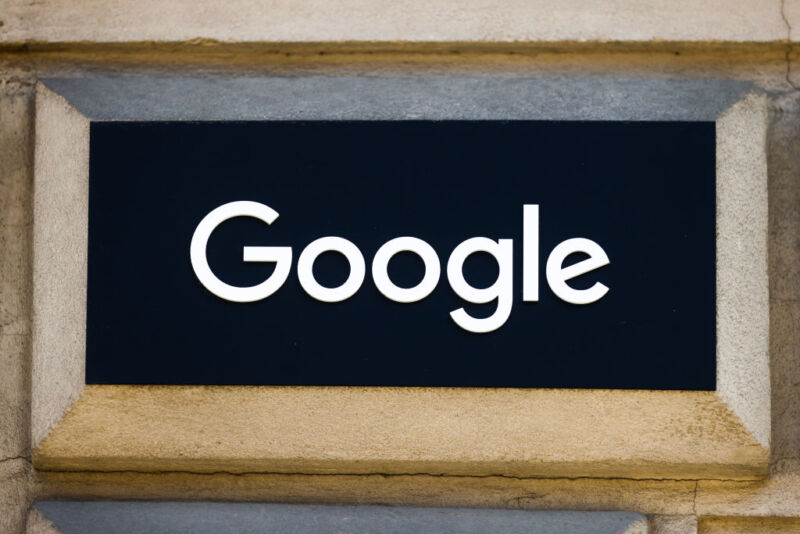Judge in US v. Google trial didn’t know if Firefox is a browser or search engine
Policy / Civilization & Discontents
Google accused DOJ of aiming to force people to use “inferior” search products.

Today, US District Judge Amit Mehta heard opening statements in the Department of Justice's antitrust case challenging Google's search dominance.
Mehta alone will decide if Google maintained its role as the world's search leader by competing on its own merits—as Google has claimed—or through anticompetitive conduct—which the DOJ has alleged.
The DOJ's Kenneth Dintzer, kicked off the proceedings. He told Mehta that the DOJ plans to establish that since 2007, Google has illegally maintained monopoly power in search and advertising markets by focusing on "weaponizing" the "power" of being the default search engine on mobile devices.
To prove this, the DOJ plans to bring in Hal Varian, who served as Google's chief economist at that time. Another key witness will be the co-founder of now-defunct search engine Neeva, Sridhar Ramaswamy, who will testify to barriers to entry that Google still poses today for new search providers. Dintzer said that most of the DOJ's witnesses will be former and current Google employees and others with a financial interest in Google's conduct.
Much of the opening statements was a rehash of pre-trial briefs that the DOJ and Google filed last week. Ars has summarized those arguments more in-depth here. The gist of the DOJ's position is that Google regularly blocked search competitors and prevented innovations that could have made searching the web "faster, easier, and better for consumers. "
Mehta asked Dintzer to clarify a few points so he could understand how long Google has been illegally maintaining monopoly power (more than a decade, the DOJ said) and how much of Google's search traffic comes from being set as the default (50 percent).
William Cavanaugh, a lawyer representing the state of Colorado, also appeared to raise one unique claim still being weighed in this case regarding Google's search engine marketing (SEM) tool SA 360. According to Cavanaugh, Google had a "duty to deal" with Microsoft and integrate Bing ads into SA 360, but after choosing to work with Microsoft, Google delayed implementing Bing ads—simply motivated as an alleged monopolist to diminish a competitor.
It's unclear if Cavanaugh's arguments were persuasive or if Google's lawyer, John Schmidtlein, was more successful in convincing Mehta that Google had no contract with Microsoft and thus no "duty to deal."
For Mehta, wading through these arguments requires a decent knowledge of tech history. During the more than 10-year time period that the case covers, browsers, phones, and search engines all evolved rapidly. So, on top of weighing complicated antitrust questions, Mehta might also struggle to keep track of basic facts like how search was conducted at any given point in the case's timeline. While Cavanaugh delivered his opening statement, Mehta even appeared briefly confused by some of the references to today's tech, unable to keep straight if Mozilla was a browser or a search engine. He also appeared unclear about how SEM works and struggled to understand the options for Microsoft to promote Bing ads outside of Google's SEM tools.


No comments:
Post a Comment